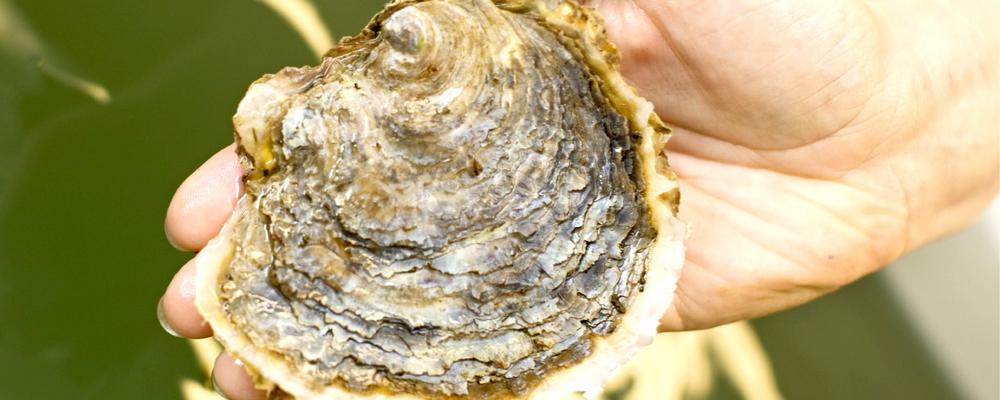
Sustainable Mariculture
Aquaculture is the fastest growing food sector in the world, providing more than half of the fish and shellfish currently consumed. Research into aquaculture is a broad and multidisciplinary field, and the work of the Department aims to address many aspects of sustainable production. Our focus is primarily on macroalgae (“seaweed”) and invertebrates such as mussels, oysters and crustaceans.
What is aquaculture?
Research into aquaculture is a broad and multidisciplinary field, and the work of the Department aims to address many aspects of sustainable production. Our focus is primarily on macroalgae (“seaweed”) and invertebrates such as mussels, oysters and crustaceans.
Knowledge and technical solutions
We aim to provide knowledge and technical solutions through applied research on physiology, genetics and health/welfare of farmed species. For instance we are studying ways in which the farming of mussels and algae can be used as a bioremediation tool to reduce the effects of eutrophication in Swedish coastal waters. We are investigating the spread of Pacific oysters which have in recent years become established on the west coast of Sweden and could in future become a promising aquaculture species.
Live storage of crayfish and oysters
Another field of research focuses on goals for live storage of crayfish and oysters. Sustainable aquaculture also requires input to coastal zone planning processes, and researchers at the Department of Marine Sciences are seeking to provide input that can balance industry expansion with potential environmental impacts. The analysis of the function, ecological effects and monitoring of new fish farming techniques is yet another research focus.
Interdisciplinary collaborations
Collaboration between different disciplines is often a prerequisite for research in aquaculture, and the Department's researchers are involved in various interdisciplinary collaborations with other researchers at the University of Gothenburg. Examples of the research being carried out in these collaborations include environmental, oceanographic and chemical interactions towards estimating carrying capacity. Aquaculture is challenged by public perceptions and is governed by complex regulations, thus also necessitating collaborations with faculty in law and social sciences.